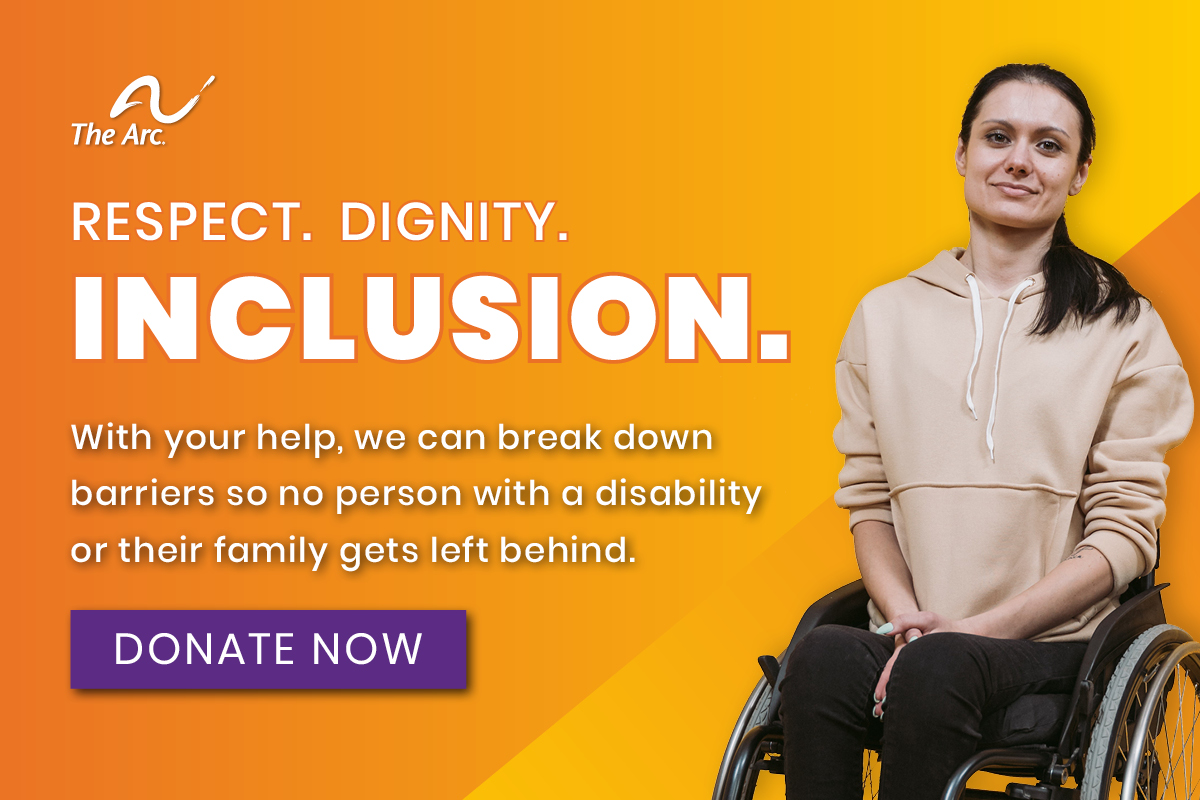Contents
Introduction
In general, people who have autism or other developmental disabilities tend to have additional needs for financial resources or opportunities as a result of additional costs (i.e. for health care services) that they may have over their lifetime. To provide an example of these additional costs, out of all children in the United States with special health care needs, 5.4 percent have an autism spectrum disorder (approximately 544,181 children). Of these children, almost half have four or more co-existing health conditions which will necessitate financial resources.
Because of the increased financial needs of people with autism spectrum disorders and their families, we have briefly overviewed many different financial opportunities and resources for people with autism and other developmental disabilities and their families.
Options
- Private Insurance
One option to alleviate some of the financial strain that living with autism spectrum disorders is a private insurance plan. Private insurance plans often are required by state laws to cover specific care and services; however, there is variation from state to state regarding what is actually covered within the state-mandated care and services. When looking at private insurance policies, it is a best practice to discuss with the private insurance company what services will be covered. There are also campaigns by advocacy organizations to promote the development of state-specific autism insurance reform. To help determine what a particular state’s autism insurance policy is, you can visit this website on state autism insurance.
- Medicaid
Medicaid is a public benefit program that covers people who have low-incomes or who have disabilities, including autism spectrum disorders. In this program, the federal government determines the minimum eligibility requirements for coverage, and states can expand eligibility.
People can receive full Medicaid coverage if they fulfill all qualifications and are uninsured; if they are privately insured, it is possible to receive supplemental coverage to fill gaps in private insurance. One particular manner of receiving health care services for people with autism is through a Medicaid Waiver. This waiver allows states to offer different benefit packages to specific populations, to allow for more expansive services and supports than the typical state plan offers, and to disregard income limits. Currently, 30 states have waivers that serve people with autism spectrum disorders; however, these waiver change in terms of coverage and eligibility across states and often have waiting lists. To find out more about Medicaid in general, please visit the Center for Medicare and Medicaid Services website: www.cms.gov. For more information about which states offer Medicaid Waivers, please visit this site on state medicaid waivers.
- Social Security
Social Security is the public program which insures individuals and families when a worker retires, dies, or becomes disabled. People who have developmental disabilities can receive benefits from Social Security through four different programs: Retirement Insurance, Survivors Insurance, Disability Insurance, and Supplemental Security Income.
Retirement Insurance covers retired adults with disabilities, their spouses, and children who have been identified as disabled adult children, which includes people with autism spectrum disorders and other developmental disabilities. For a worker to be eligible for retirement benefits, a worker must work for at least 10 years. For more information on retirement insurance, please visit this site on retirement insurance.
Survivors Insurance provides financial resources to disabled adult children, minor children, including those with autism or other developmental disabilities, and widow(er)s who have disabilities when a worker (who has worked for at least 10 years) passes away. For more information, please visit the Social Security Administration page on survivors insurance.
Disability Insurance provides benefits to individuals to people who have become disabled and to certain family members, including their spouses and their children. The disabled adult children of workers may qualify for benefits under their parents if their disability began before their 22nd birthday. For more information, please visit the Social Security Administration page on disability insurance.
Finally, Supplemental Security Income is a program administered by the Social Security Administration that provides benefits for people with disabilities who have very little or no income. This program provides cash to these people to help meet basic needs for food, clothing, and shelter. To be eligible for this program, an adult would need to have a medically determinable physical or mental disability which has resulted in the inability to accomplish gainful activity (to have a job); has lasted or can be expected to last for a continuous period of at least a year; or can be expected to result in death. Children can also receive this support if families have little resources. For more information, please visit the Social Security Administration page on Supplementary Security Income.
References
- Meg Comeau, Catalyst Center, “Health Insurance Options for Children with Autism Spectrum Disorders”. Webinar recorded on March 24, 2011. Available online.
- The Arc, “Policy Issues.”



